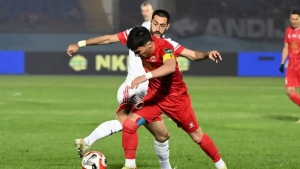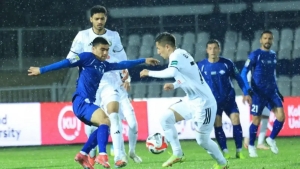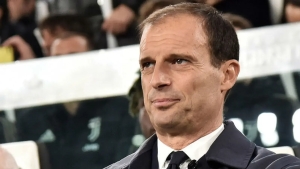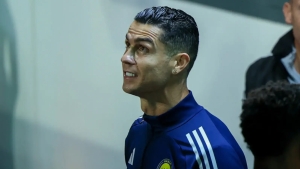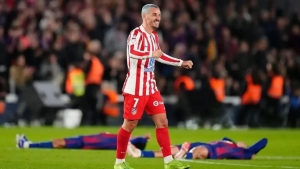The Most Unpleasant and Offensive Nicknames of Football Players
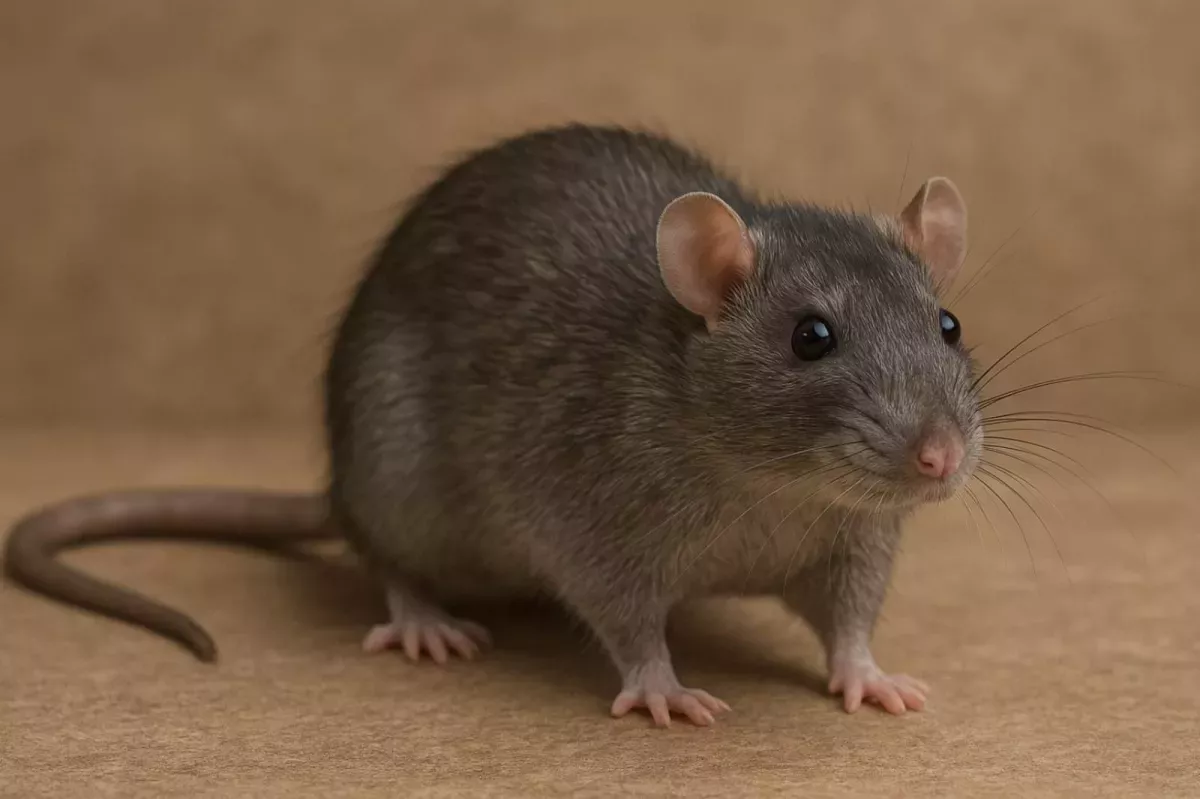
In the last days of summer, football fans have been watching striker Alexander Isak's game more closely. This was reported by Euro-football.ru.
The Liverpool team managed to buy the Swedish striker from Newcastle. Isak's transfer became not only the club's but also the most expensive purchase in the history of the English Premier League.
However, Newcastle fans could not accept this decision. Therefore, a burger called the "Swedish mouse" appeared in a restaurant in the city.
The "Euro-Football.Ru" publication recalls the most unpleasant nicknames for football players. Often, the main reason for unpleasant nicknames is appearance.
For example, one of Costa Rica's best strikers, Paulo Wanchope, is called "Skinny." This corresponds to his height of 191 cm and approximately 75 kilograms in weight.
English footballer Kevin Keegan, although the only Englishman to win the "Ballon d'Or" award, received the nickname "Strong Mouse" due to his height of 173 cm. This nickname became widespread during the period when his coaching career was unsuccessful.
Lionel Messi suffered from growth hormone deficiency in childhood. When he grew older, he was called the "Exploding Mouse" because of his speed.
Argentine Claudio López, silver medalist of the 1996 Olympics, was also called "Mouse" due to his short stature. Former Italy national team player Sebastian Giovinco, with a height of 160 cm, was called the "Atomic Shrimp."
Argentina national team member Marcelo Gallardo earned the nickname "Doll" for his flexibility and small stature. Romanian defender Cătălin Munteanu was called "Dragon Head" because of the size of his head.
For some players, speech difficulties and animal names became their main nicknames. For example, tall Jan Koller was called "Dino."
Dragan Vujović, popular among Yugoslavian fans in the 1980s, was nicknamed "Big Back" due to his excess weight. However, he compensated for this with his vision on the field and high technical skills.
Former Hungary national team striker Ferenc Deák was called "Fool" because he moved mostly in the midfield during the game. English footballer Jonathan Woodgate received the nickname "Country Boy" because he struggled with speaking in interviews.
Goalkeeper Oliver Kahn amazed opponents and teammates with his intimidating appearance. Bananas were thrown at his head, but he picked them up and ate them, which led to the nickname "Gorilla."
Argentine footballer Ariel Ortega was called "Little Donkey" because he sometimes did bad things on and off the field. Former Soviet national team captain Igor Netto was nicknamed "Goose" due to his appearance, and short striker Javier Saviola was called "Rabbit."
Nicknames for football players can often be unpleasant, but sometimes they become a motivating factor for growth and development. Which nicknames do you remember?
Leave your thoughts in the comments.


